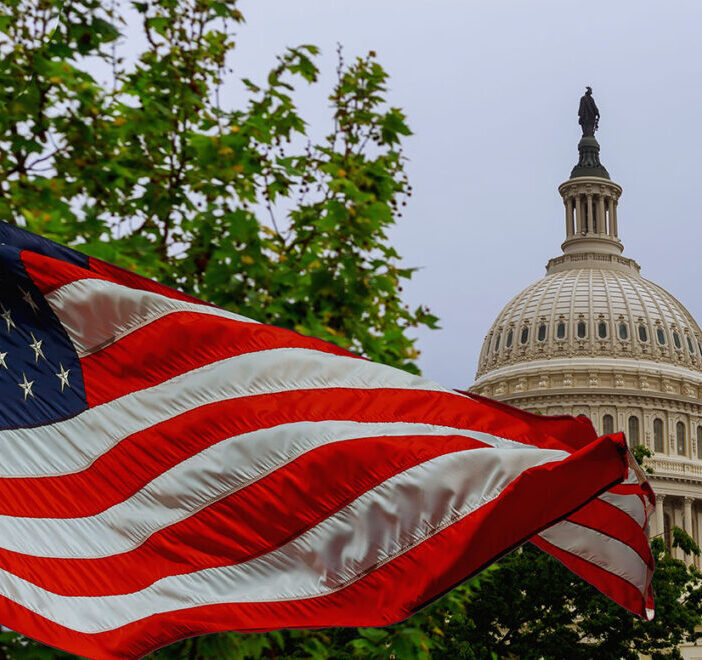Medicare Telehealth Flexibility Extensions Included in FY 22 Omnibus
One of the key extensions in the Omnibus spending package is the continuation of several key Medicare telehealth flexibilities. Most notably, the legislation would allow these flexibilities to be extended for 151 days (or five months), starting the day after the end of the public health emergency (PHE). Given that we expect the public health emergency to end in July, this would allow the telehealth extensions to be in place through mid- December.
While the telehealth provisions included in the package does not get us to a requested 2-year extension, it does allow more flexibility to ensure providers and beneficiaries will not abruptly lose access to most of the Medicare telehealth coverage that was put in place during the COVID-19 public health emergency. If Congress does not take action, HHS has the authority to allow most telehealth provisions to expire immediately upon expiration of the public health emergency.
The Omnibus Spending Package would:
- Remove geographic restrictions and expand originating sites for telehealth services, that allow the originating site to be any site in the United States which an eligible beneficiary is located. Including the home of the individual, without geographic restrictions;
- Allow virtual certification of hospice face-to-face recertification during the emergency period;
- Allow the continuation of coverage and payment of telehealth services furnished using audio-only telecommunications technology;
- Delay the in-person requirements under Medicare for mental health services furnished through telehealth and telecommunications technology;
- Extend telehealth services for Federally Qualified Health Centers and Rural Health Clinics;
- Expanding the practitioners eligible to furnish telehealth services, to include qualified physical therapists, occupational therapists, speech-language pathologists, and audiologists; and
- Require the Medicare Payment Advisory Commission to submit a report on telehealth utilization, that should address the expansions of telehealth services, program integrity and risk associated with Medicare telehealth services. The reports must be sent to Congress no later than June 15, 2023.
In mid-February, LeadingAge and its Center for Aging Services Technologies (CAST), joined 336 of the nation’s health care provider and patient organizations in sending a letter to Congress urging them to consider including these provisions in the Omnibus spending package, through at least December 2024. The letter also urged Congress to facilitate a pathway to permanent comprehensive telehealth reform to require HHS to complete all feasible evaluations related to telehealth by fall 2023, and to pass permanent telehealth legislation for implementation in 2024. We are pleased to see progress as a result of the letter and our continued advocacy.

Most Recommended
October 15, 2025
 Shutdown Week Three: Impact of Ongoing Closure on Affordable Housing
Shutdown Week Three: Impact of Ongoing Closure on Affordable Housing
February 14, 2026
Fiscal Year (FY) Funding 2026
October 07, 2025
Immigrant Workforce Matching Program Brings Workforce Relief
Recently Added
February 18, 2026
 Colleagues on the Move, February 18, 2026
Colleagues on the Move, February 18, 2026
February 17, 2026
Senators Introduce Nursing Home Staffing Standards Bill
February 14, 2026
DHS Shuts Down: No Other Agencies Impacted
February 13, 2026



